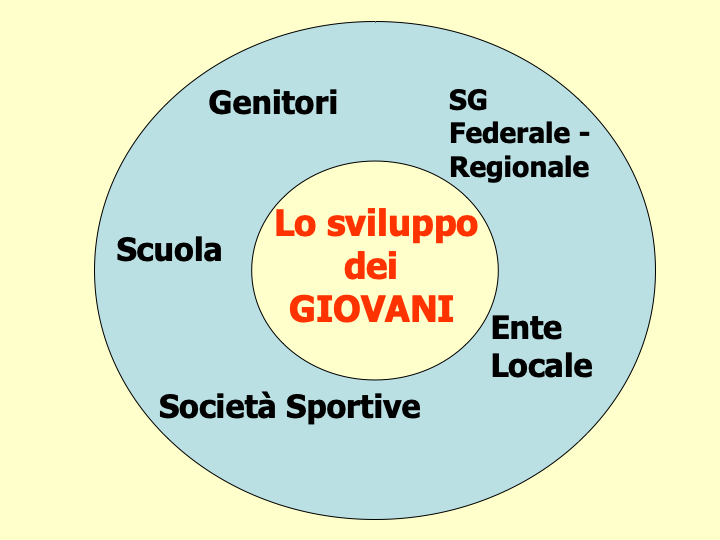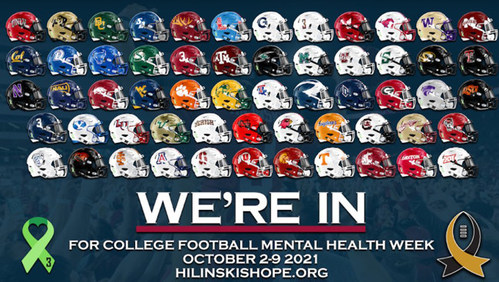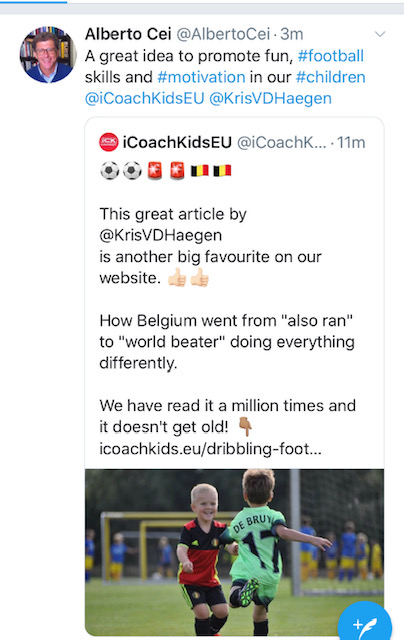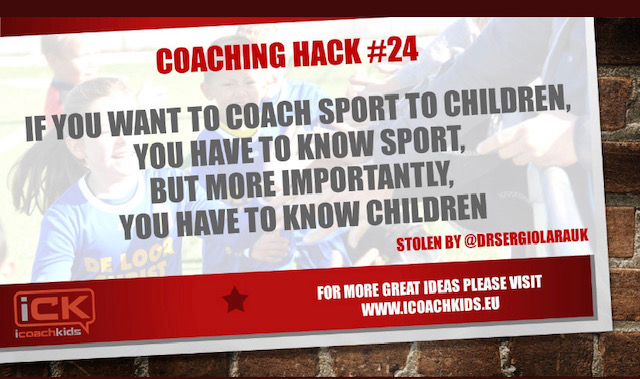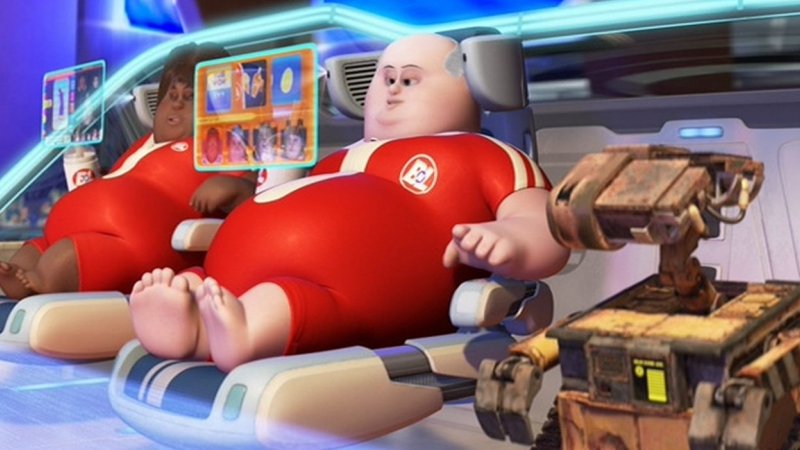This blog is for parents to illustrate how important it is for their children from the earliest years of their other lives to be outdoors and to be able to move freely so that they can develop the motor skills and intelligence necessary for their development.
In the early years of life a young person needs to learn basic movements, and the purpose of movement education is to teach boys and girls in a fun way to move effectively and efficiently, in a safe environment and with an awareness of what they are doing. Achieving this is as important to a young person’s education as the acquisition of language and mathematical literacy.
Specifically from the ages of three to six, children must acquire the basic motor skills (e.g., bending over legs) that are the foundation of all physical activity and from the combination of which arise the main skills of any sport. These are the years in which the following skills should be developed: stepping (gait), bending over legs, moving quickly forward, bending, pushing, pulling, twisting and twisting. Complex movements are composed of these different basic elements, and the child’s actions will be appropriate if he can integrate the different motor sequences with each other. For example, jumping is based on the movement of bending over the legs, while in throwing a Frisbee, pushing and twisting are added to this movement. In every sporting gesture, even the most complex, these basic motor patterns can be traced. Therefore, if a young person has not mastered them, his further motor learning may be impaired or reduced.
It is not, however, just a matter of teaching basic movements in a literal way, since any form of schematization results in oversimplification of motor reality and reduction of movement experiences. It is therefore necessary to provide children with opportunities to experience the widest range of behaviors. For example, from the age of two they can already be taught to ride inline skates, ride a bicycle or climb if parents are willing to teach their children how to do so. This finding highlights the decisive role that adults, in this case parents, play in fostering or hindering motor development, including the psychological and social implications associated with it. Overprotected children who is three years old do not get on the swing by themselves or walk little because it is more comfortable to carry them in a stroller or leave them at home to watch television are examples of how one can daily develop reduced motor skills and develop a sedentary lifestyle.
It can be said that in the course of development the child is the main architect of the construction of its cognitive processes whether they are typically motor, cognitive-affective or social. Underlying this developmental path are certain factors that constitute the causes of development. The first refers to the maturation of the nervous system, which is necessary for more advanced forms of autonomy to take hold. However, this is not the only factor since acquired experience and social interaction represent two other equally necessary developmental factors.
In the first case we refer to the actions and repetitions of actions, the exercises that the child performs independently on the environmental reality in which he lives and the perception of awareness that results from them. In this way he becomes acquainted with the properties of objects, experiences them, and relates them to himself, thus enriching his knowledge of the world and how to relate to it. Think of the different ways of getting on and then off, for example from a sofa, which the child enacts through a large number of repetitions. He thus rehearses basic motor patterns, each time differently from the one before, spontaneously makes them up in different sequences, and through repetition comes to develop a specific motor skill. This learning process can be accelerated through social interaction, which occurs essentially through language. In this regard, interaction with an adult who observes the child in this action will be positive if it is aimed at encouraging him and ensuring that he performs in a safe environment. It will become negative and, therefore, hinder the experience if the adult intervenes to inhibit the action or make it too easy. Consequently, the opportunity for experience and social interactions represent the context within which the child performs his actions
The decisive causal factor for development is the balance factor, which delineates an active rather than a passive child who changes through his or her relationship with the environment. This factor must be understood as achieving a balance between external perturbations and the child’s activity. It thus becomes more evident why the physical and social environment represent settings in which to exercise one’s actions. Balance and consequent adaptation are achieved through the processes of assimilation and accommodation. Assimilation consists of making one’s own the elements of novelty that enrich one’s motor and mental patterns; in doing so, data from experience are incorporated according to existing internal structures. Accommodation, on the other hand, is the process by which internal structures are changed by external experiences, allowing the child’s developmental processes not so much to be enriched by new elements but to develop to higher developmental levels. Thus, assimilation is a process of preservation and enrichment of skills while accommodation represents novelty in the developmental process.
In conclusion, the child’s motor evolution occurs through improved adaptation to the environment. The child evolves from primary movements through the maturation of the nervous system, experience and social interaction, which constitute the ground on which the balance factor intervenes. This factor allows the child to act on the environment through the motor and psychological skills he or she possesses but at the same time these same skills are modified according to situations.

